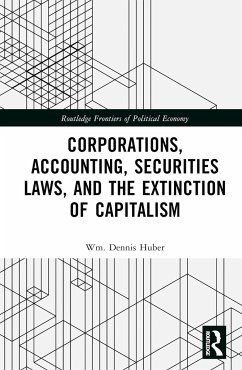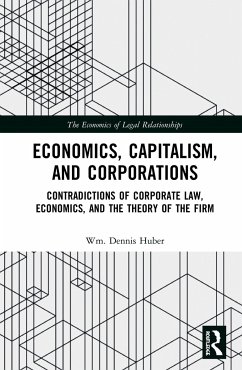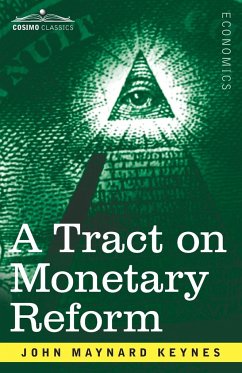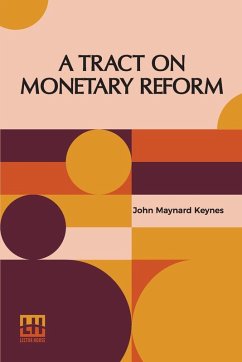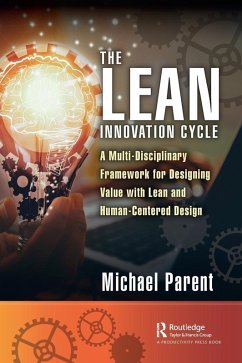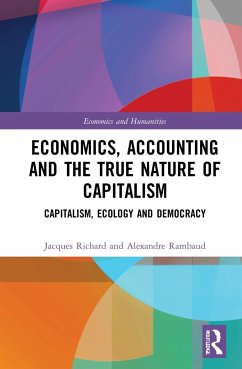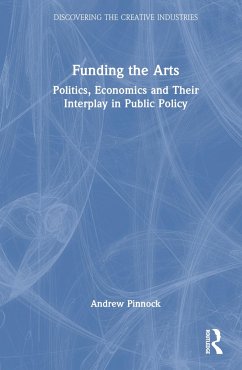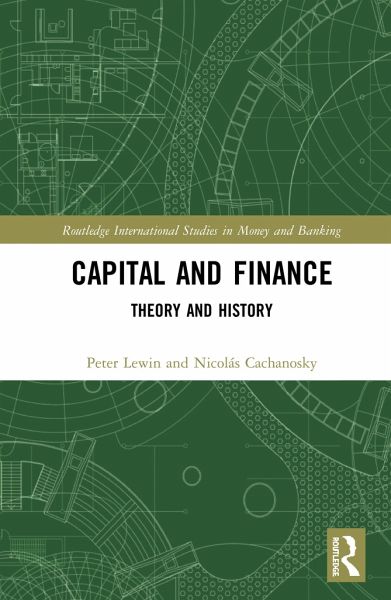
Capital and Finance
Theory and History
Versandkostenfrei!
Versandfertig in 1-2 Wochen
168,99 €
inkl. MwSt.
Weitere Ausgaben:

PAYBACK Punkte
84 °P sammeln!
This book applies finance to the field of capital theory. While financial economics is a well-established field of study, the specific application of finance to capital theory remains unexplored. It is the first book to comprehensively study this financial application, which also includes modern financial tools such as Economic Value Added (EVA®). A financial application to the problem of the average period of production includes two discussions that unfold naturally from this application. The first one relates to the dual meaning of capital, one as a monetary fund and the other one as physic...
This book applies finance to the field of capital theory. While financial economics is a well-established field of study, the specific application of finance to capital theory remains unexplored. It is the first book to comprehensively study this financial application, which also includes modern financial tools such as Economic Value Added (EVA®). A financial application to the problem of the average period of production includes two discussions that unfold naturally from this application. The first one relates to the dual meaning of capital, one as a monetary fund and the other one as physical (capital) goods. The second concerns its implications for business-cycle theories. This second topic (1) provides a solid financial microeconomic foundation for business cycles and, also (2) makes it easy to compare different business-cycle theories across the average period of production dimension. By clarifying the obscure concept of average period of production, the authors make it easier to analyze the similarities with and differences from other business-cycle theories. By connecting finance with capital theory, they provide a new point of view and analysis of the long-standing problems in capital theory as well as other related topics such as the use of neoclassical production functions and theorizing about business cycles. Finally, they emphasize that the relevance of their application rests on both its policy implications and its contributions to contemporary economic theory.





